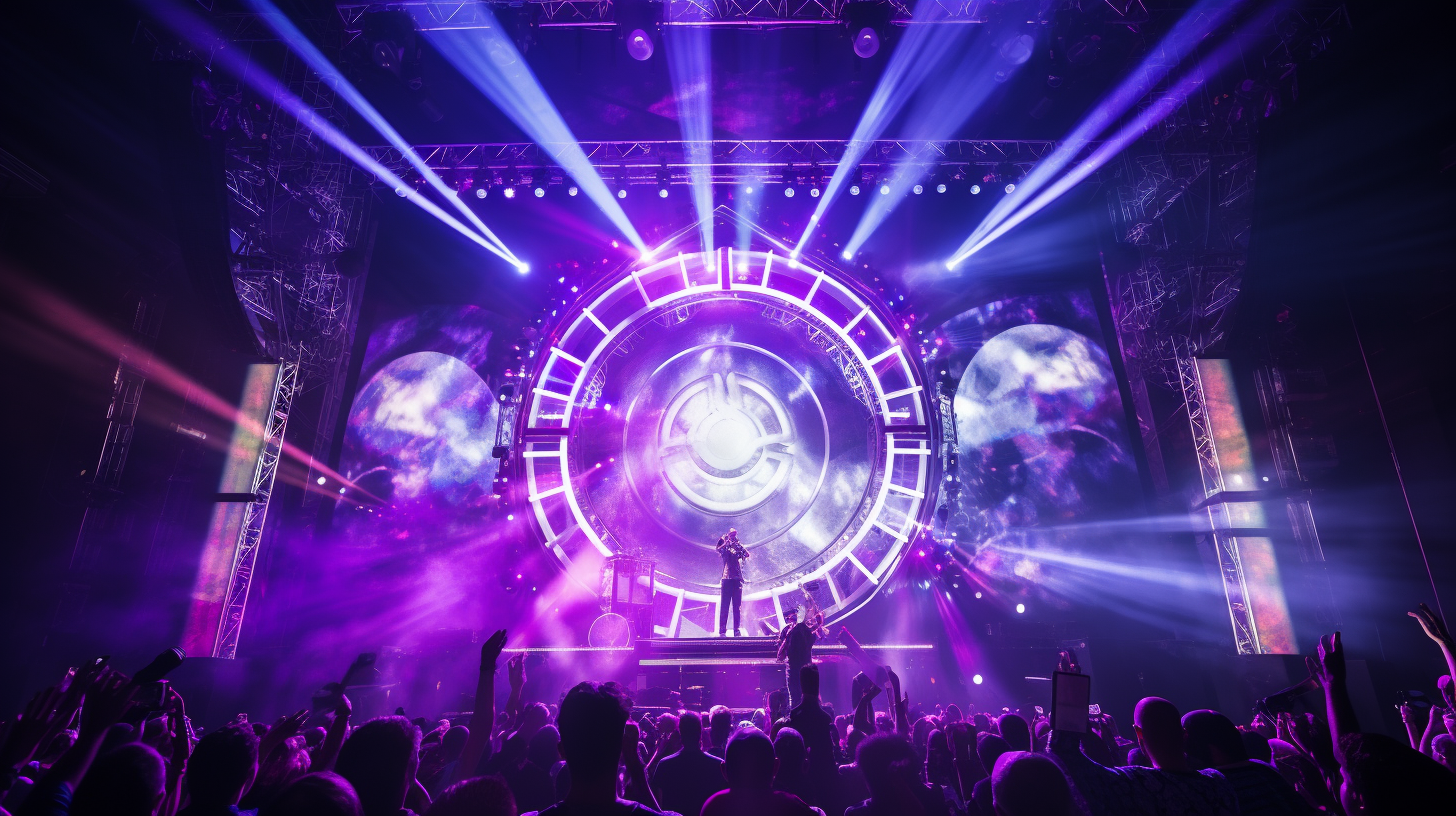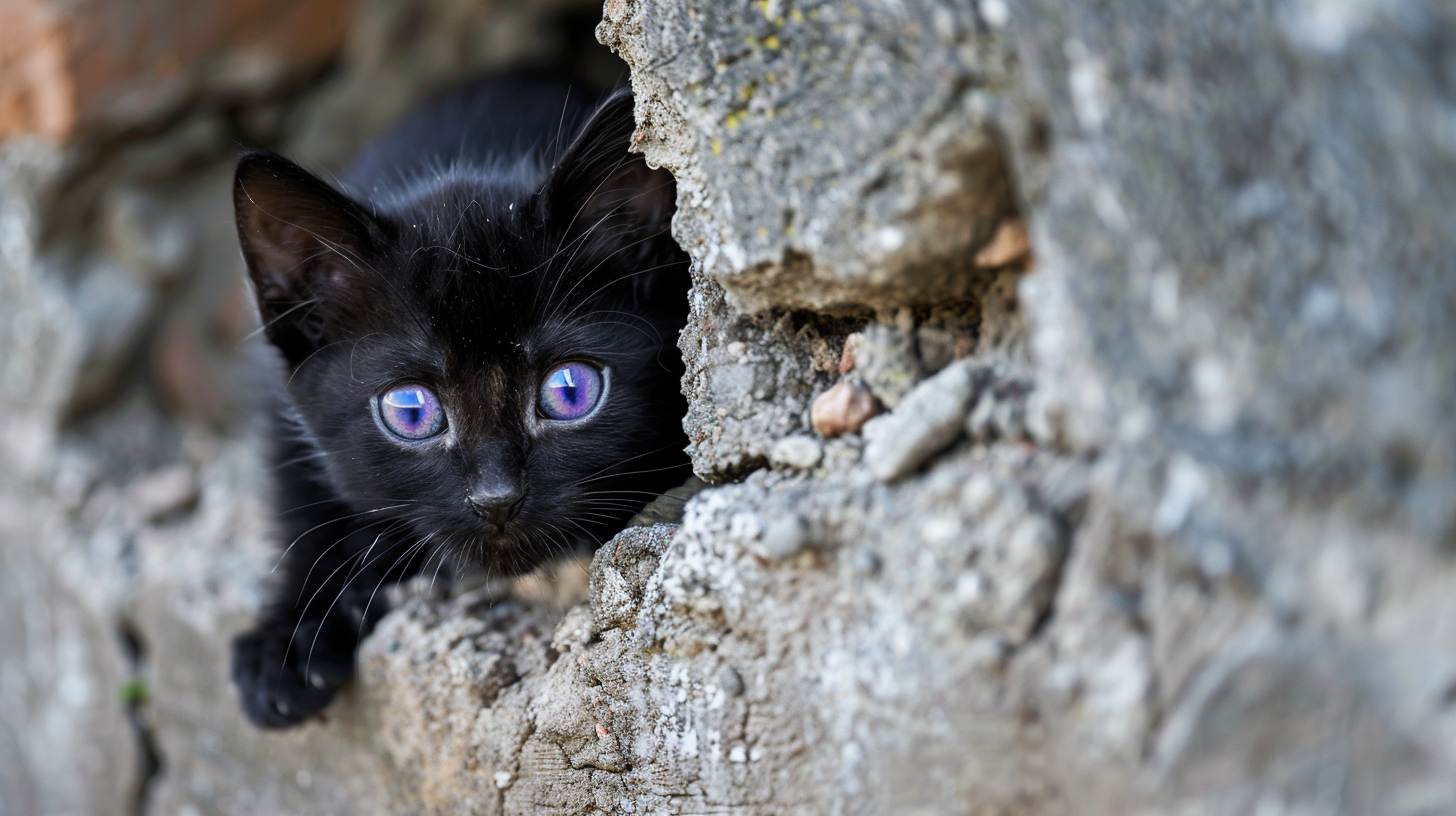The Value of Doing Nothing
How much would you pay for absolutely nothing?

I did not enjoy last week. No, that description is simply too bland. Last week was horrid - worse than the little girl in the Longfellow poem.
Early in the week, I caught the cold my son had, which was bad enough. But at the peak of my illness, I had fights with not one, but two friends of mine. The fights were sequential and not simultaneous, but the reprieve ends there. One fight was caustic enough to cause doubt I will speak with my friend again.
And because I expect neither of my two friends is likely to read this article, I decided to write about the outcome of my week.
In short, I fell apart completely that Friday night. My family celebrated my father-in-law's birthday, which I missed because I was curled up in bed crying. As I tried to fall asleep that night, I could tell I was slipping into what I've previously called an episode - a state in which both body and mind panic and shut down at the same time.
My sleep was ragged, and I woke up Saturday well in the physical, emotional, and behavioral throes of an episode. I expected to spend the entire weekend in bed, silently crying, staring at a wall. But instead, a small part of me cried out to try something completely out of the ordinary.
Instead, I fought back.
An episode of "A Dingbat's Life"
Although I described an episode casually in past work, a conversation with a friend of mine hinted that my experience may not be unique. As a result, I will describe an episode in detail in case it helps another person identify their experiences.
At base, an episode feels like anxiety symptoms. My breath is shallow and rapid. My heart rate rises and I feel my pulse beat steadily in my head and chest.
The sensation is frightening, and I've observed what could have been mild anxiety spiral into a major episode simply because I focused on the symptoms as they happened.
My physical coordination deteriorates, to the point that walking down stairs is treacherous. My hands shake, and I have trouble eating and writing.
Because my body tightens every muscle, I ache all over, and stretching barely addresses the pain. If I try to sleep, my legs become restless, my feet itch, and small muscles across my body twitch involuntarily.
As my body accelerates into hyperdrive, cognition decelerates to Zootopian languor - my speech is short and labored when I can keep track of the thought at all. Emotionally, I am miserable and irritable. One minor blessing is a tendency to enter a fugue-like state, in which I lose hours at a time in dissociative half-slumber.
Symptoms similar to a mild migraine headache are typical, but not universal - I feel nauseated and food holds no appeal.
I've never wondered why I cry during an episode. There is no respite, and the hours are interminable.
A bold plan
When I woke Saturday morning, I resigned myself to a weekend far worse than my week had been. I called to my wife twice, maybe three times, to sit with me and soothe me as best as she could. And in the early afternoon, a plan began to form in my mind. I asked my wife if we could eat dinner out.
I believed if I began getting ready right then, I would likely have enough time to prepare for dinner. My wife - possibly as much to my surprise as hers - agreed. I suspect she predicted I would never deliver on my promise, but she agreed. If I could get ready, we would eat dinner out.
It took more than two hours for me to pull myself to the shower, clean up, do my hair, and get dressed. I took a short rest, then completed my look with makeup, even trying new techniques with a purple liquid eyeliner.
It worked.
My wife and I had dinner at a wonderful restaurant. We talked, we laughed, and we genuinely enjoyed ourselves. When we arrived home, we played an online video game with our friends and laughed even more.
To be clear, I was a bit slow. My coordination and cognition were shaky, but I made it through the night. I went to bed with a headache - apparently, I couldn't dodge all migraine symptoms - but I went to bed happy.
I had done it. I had beaten an episode.
What was different this time?
Before I analyze my behavior, I want to take a moment and sit with my achievement. This was one of very few attempts to wrest myself out of psychological distress in my life. This is certainly the first attempt at truncating an episode.
What was different during this episode? What clicked this time to allow me even to rise from bed, let alone overcome physical and cognitive dysfunction? The answer is simple:
I did nothing.
That is, instead of engaging in typical catastrophic thoughts - lamenting my fate, feeling guilty for missing out on life around me, worrying my wife will tire of soothing this person who never seems to get better - I let the the thoughts come. I sat with my pain and my fears. I felt the pain and fear until they were processed.
I won't deny - it hurt. That is, it hurt for a short time - maybe two hours while my wife laid next to me, soothing me, unaware of the experiment I conducted.
I discovered those two hours of experiencing pain are far preferable to two days - or more - of wishing the pain would go away. No matter how hard I wish, the pain doesn't go away. Pain only goes away if we let it in, listen to it, and then let it go.
There was value in doing nothing. Self-care materialized out of nothing.
Doing nothing for self-care
I frequently abuse work to find value in myself, and I suspect many others do the same even if the action is not obvious. I am unskilled at self-care because there is simply always something more - something else to do, something I feel will be more important than doing nothing.
But nothing is really something. Nothing is how we rest; nothing is where we extract the lessons from experience. We must do nothing on purpose or risk doing nothing by force after we break.
Expect nothing (in a bad way) if you don't choose to do nothing. Nothing must be entered into purposefully. You don't do nothing by accident.
PEOPLE OF THE WORLD:
Together, we can do something about the legions not doing nothing. Do your part! Do nothing and do it proudly!
Wear your nothing on your sleeve. If it makes you happy, just plain wear nothing, but do something about nothing, because nothing is everything.
In a society focused on always going, take a break and stop. Trust me, your something will still be somewhere when you get back from doing whatever.
Nothing is priceless. Nothing is your destiny. Nothing can make or break the person you are.
Don't break. Certainly choose life. Certainly choose a job. But also choose nothing.




